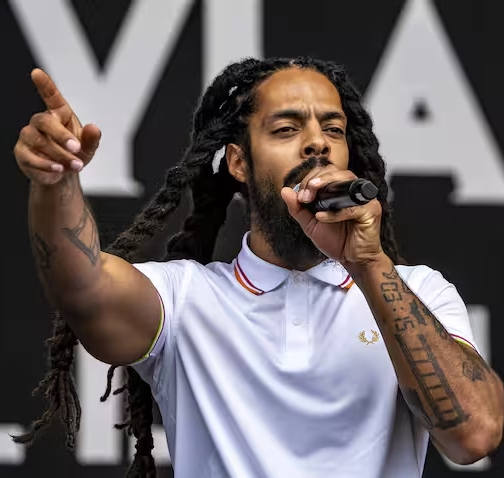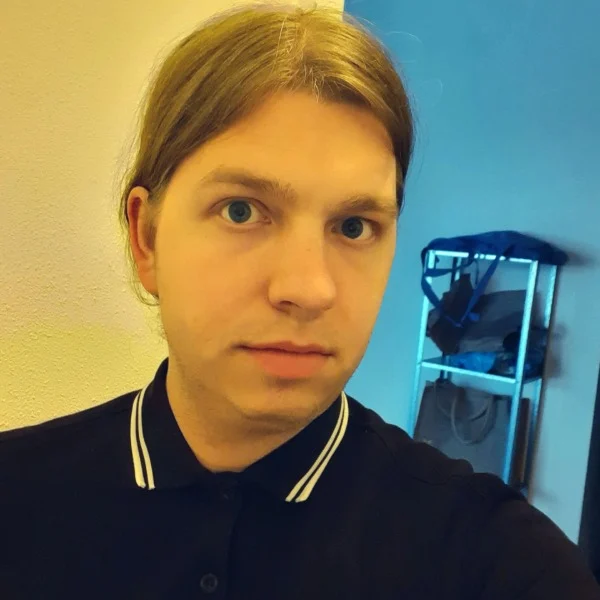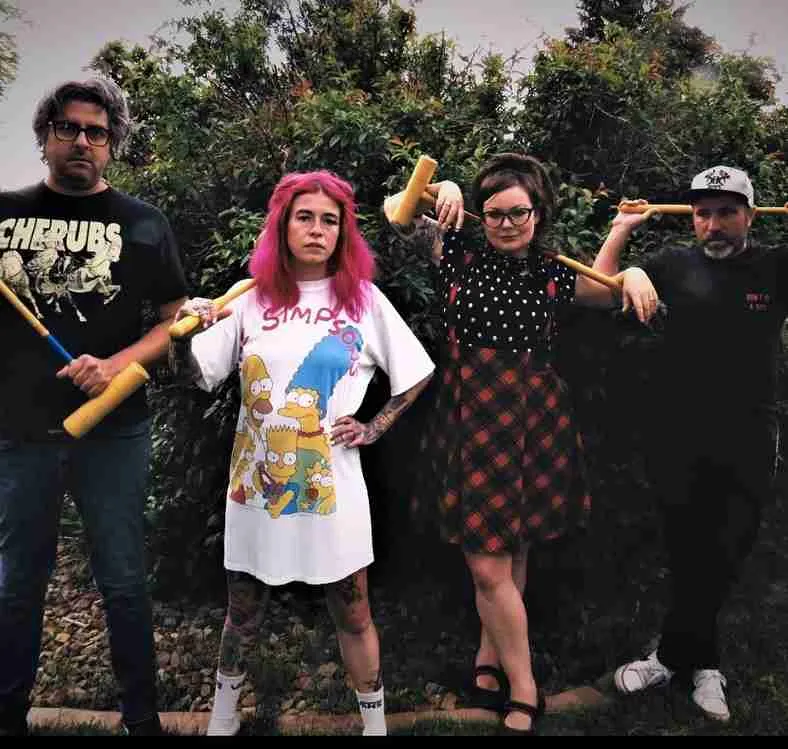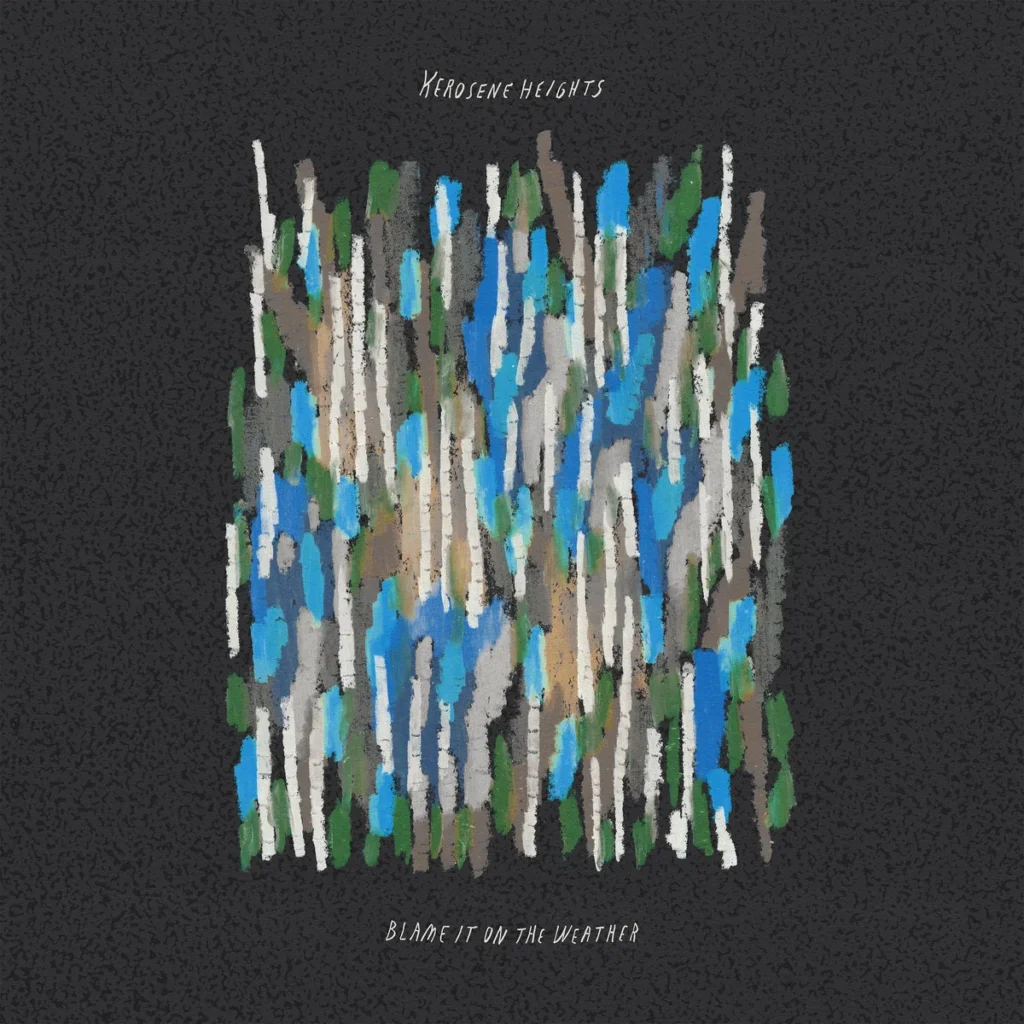Bob Vylan are no strangers to headlines. The London duo – rapper Bobby Vylan and drummer Bobbie Vylan – have spent the past decade welding grime, punk, and hardcore into a furious soundtrack of protest. Their DIY ethic (self-released records, self-built following) and their refusal to soften the message earned them a cult reputation in the UK underground. Now they’re firmly on the big stages, from Coachella to Pinkpop. But with bigger platforms come sharper spotlights – and sharper backlash.
Glastonbury and the fallout
At this year’s Glastonbury Festival, one of Britain’s most watched cultural stages, the band shouted slogans such as “Free Palestine” and “Death to the IDF”. The set was broadcast live on the BBC before being pulled from their channels after politicians condemned the language as “hate-inciting”. UK prime minister Keir Starmer called it “abhorrent”, while opposition voices demanded criminal investigation and even prosecution of the BBC for airing it. The police have now confirmed an official inquiry into whether the performance crossed legal lines.
For Bob Vylan, though, the stance is nothing new. They’ve long rapped about institutional racism, police brutality, class inequality and the legacy of empire – subjects often brushed aside in mainstream pop. The difference this time is that their words were amplified across millions of screens, fuelling a heated national argument about what counts as artistic freedom and what slips into incitement.
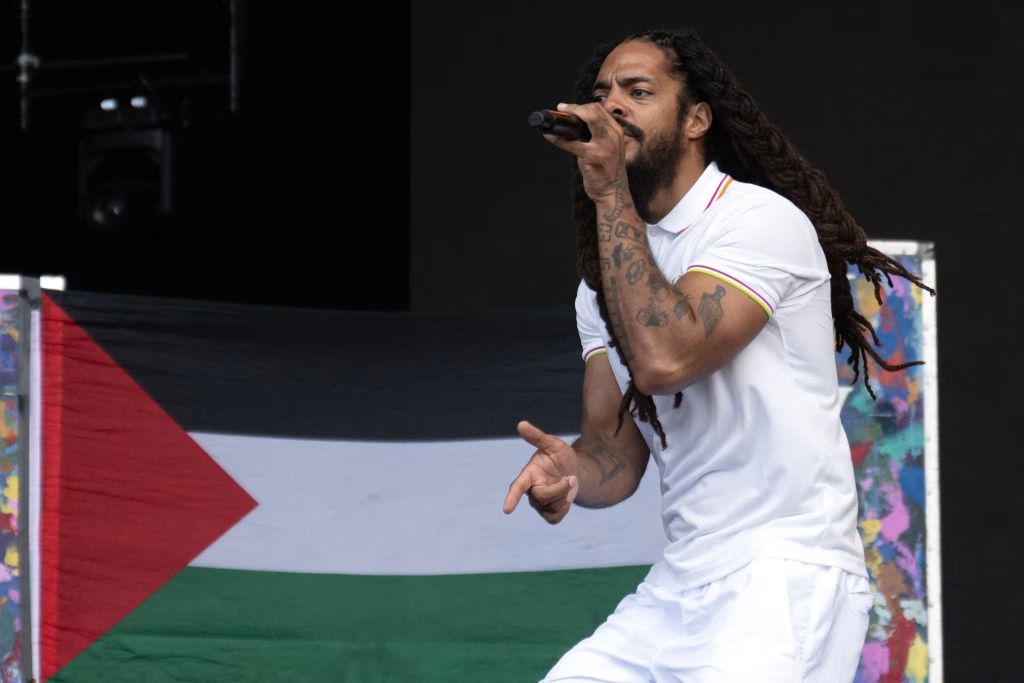
Amsterdam, Nijmegen and Tilburg
Only weeks earlier, at Paradiso in Amsterdam, Bobby Vylan delivered similar slogans – including “fuck the fascists, fuck the zionists” and “death to the IDF”. Those words sparked police complaints and widespread debate in the Netherlands about where artistic expression ends and incitement begins.
Yet just a few days later in Nijmegen, the picture was very different. Their show at Doornroosje went ahead after a last-minute court case tried to block it. The Central Jewish Council lost its bid to ban the gig, and the night unfolded, according to press reports, “calm and friendly”. From the stage, the band thanked the venue for going ahead with the concert, and fans described the evening as “a fun party” without offensive remarks. Palestinian flags waved in the audience, but the slogans that caused uproar in Amsterdam were absent.
The contrast between Amsterdam and Nijmegen shows how changeable these nights can be – one performance setting off national headlines, another passing without incident. Meanwhile, Tilburg’s 013 venue took no chances: they cancelled Bob Vylan’s planned show, saying they refused to host a band accused of urging people to “seek others out on the street”.
The contrast between Amsterdam and Nijmegen shows how changeable these nights can be – one performance setting off national headlines, another passing without incident.
For non-Dutch readers: venues in the Netherlands are often semi-public cultural hubs, subsidised by local government. That means they enjoy a lot of autonomy but also feel public pressure when a controversy breaks. Paradiso let the band play, Doornroosje stood by its booking, but 013 drew a red line.
A brief history of the band
Formed in London around 2017, Bob Vylan emerged from the collision of DIY punk and the raw honesty of UK rap. They pressed their own records, booked their own tours, and steadily built a reputation for explosive live shows. Their breakthrough album We Live Here (2020) was equal parts autobiography and protest document, dissecting racism, police stop-and-search, and working-class struggle. Follow-up The Price of Life (2022) climbed the UK charts – an unusual feat for such an abrasive, independent act.
Where others sing about heartbreak, Bob Vylan have made their name shouting about housing crises, colonial history, and the weight of being Black and working class in Britain. That honesty – unfiltered, confrontational, and occasionally uncomfortable – is what won them both fans and enemies.
Too far – or necessary?
The current row over Glastonbury and the Dutch tour shows the tightrope they walk. Supporters argue that punk has always been about outrage, that protest art should shock, and that “death to” can be read as “down with” rather than a literal call to arms. Critics see lines being crossed, with chants that target specific groups sliding into hate speech.
In the Netherlands, the difference between a calm Nijmegen night and a cancelled Tilburg date underlines how venues themselves set boundaries, regardless of court rulings. What one hall accepts as free speech, another rejects as beyond the pale.
Back in Britain, the police investigation could drag on for months, keeping Bob Vylan in the headlines. Whether judged criminal or not, the controversy has already reshaped their image: no longer just underground agitators, but artists whose words echo in parliament and prime ministerial speeches.
The bigger picture
Bob Vylan are not the first band to spark legal and moral panic, and they won’t be the last. From the Sex Pistols’ “God Save the Queen” in 1977 to drill rappers facing bans today, the argument over where art ends and incitement begins is part of British cultural history.
The difference is that Bob Vylan are now a global act, their every word instantly broadcast. With a US tour cancelled after their visas were pulled, and Dutch stages debating whether to host them, they are learning the cost of that visibility.
Punk isn’t meant to be comfortable. It’s meant to disturb, to shake, to make the world look
And yet, for their fans, that’s the very point: punk isn’t meant to be comfortable. It’s meant to disturb, to shake, to make the world look. Bob Vylan may now find themselves in courtrooms as well as on festival stages, but their message is still loud and clear: the fight isn’t over.

